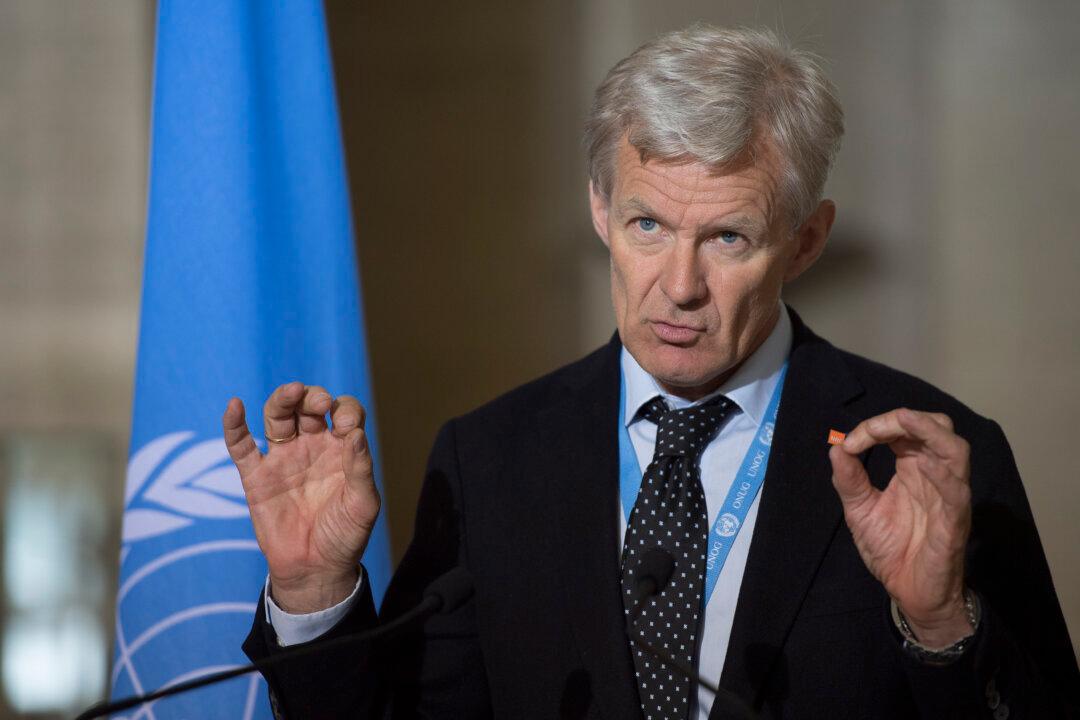DAMASCUS, Syria—Al-Qaida fighters and other ultraconservative Sunni insurgents seized a predominantly Alawite village in central Syria on Thursday, sparking fears of sectarian violence as families from the village were reported missing by activists.
Syrian Prime Minister Wael al-Halqi said “terrorists” were killing townspeople, while Syrian state media said militants had looted and destroyed homes in the village of Zaara, which was previously controlled by the government.
Clashes between insurgents and pro-government forces continued into the afternoon as government or allied Russian aircraft pounded rebel positions, the Britain-based Syrian Observatory for Human Rights said, adding that seven militants were killed. The Local Coordination Committees, an activist-run network, said the insurgents killed over 30 pro-government fighters in the clashes.
Ahrar al-Sham, an ultraconservative Sunni Islamic militant group, led the assault on Zaara, along with the Nusra Front, al-Qaida’s Syrian franchise, which often fights alongside opposition factions. The Observatory, which covers both sides of the conflict through a network of local activists, said families disappeared from Zaara after the militants took over.






